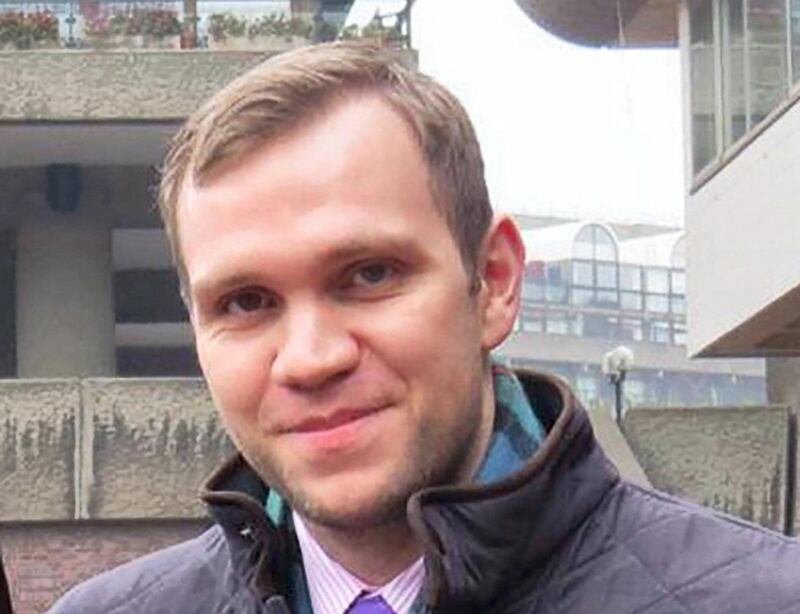In this newspaper in February of this year, David Jones the MP for Clwyd West in Wales and chairman of the UAE-UK All-Party Parliamentary Group, wrote that having just returned from a visit to the Emirates, he had been struck by the depth of the relationship between the two countries.
Before the founding of the UAE, as the Trucial States it had been a British protectorate and since its formation in 1971, both nations have grown closer and today are allies in the fight against extremism and are also security partners in the region. Growing economic ties are of enormous value to both the UK and the UAE.
This important history has provided a strong context in which complex and challenging issues can be resolved when they arise. The wheels of diplomatic relations between the UAE and the UK – which has an Embassy in the capital Abu Dhabi and an impressive consulate in Dubai to serve over one hundred thousand citizens living here – are usually always revolving and thankfully so.
In today’s fractious media landscape, where optics rule more than substance and public opinion can be crystalised by a swipe of a finger on a screen, diplomatic channels continue to provide one of the most critical communications functions between nations.
Where echo chambers on social media and magnification of it in the traditional media might offer the impression of a situation on the edge and an impending confrontation, such as over trade, the diplomats can, behind the scenes, take the actual temperature of a room, and steer a more reasoned course.
____________________
Read more:
Organisation targeting UAE revealed to be in breach of UK company law
Barrister who defended Qaddafi's spymaster will represent Matthew Hedges
[ UAE ambassador to UK: Government consider family clemency request for Hedges ]
____________________
Normally for the UAE, a tried and trusted method, is quiet diplomacy. Months of diplomatic efforts to quickly resolve the fate of Matthew Hedges, a British man convicted for spying and then pardoned, failed to avert the situation that he has related to the media, now that he is back in his home country. He says he is determined to clear his name after a confession of activities of espionage.
There is a body of evidence showing that the information that Mr Hedges had been seeking while on a research trip to the Emirates, was far more sensitive than the thesis he claimed to be working on would require. He also has admitted to working for a security firm, while continuing his studies. Some of this proof was presented to the media following his trial and sentencing, to explain why an Abu Dhabi court had found him guilty. This presentation was in itself an extraordinary measure for what was a highly-sensitive security matter but at that point the usually efficient dialogue between governments was not yielding a clear picture of events. Sensitive information has been shared between officials, in an attempt to spare any further embarrassment to Mr Hedges, his family or the British Government. The sting of the suspicious activities Mr Hedges was shown to have been carrying out will no doubt be playing a part in his vocal response.
Ultimately, some of the proof that led to his conviction has been held back and has not so far been revealed by the UAE Government, partly because of concerns of national security but also because sharing it may put its ally Britain in more of a difficult position – an outcome that is of no obvious benefit to the Emirates. However, the country may soon find itself in a position that requires declassifying some of the evidence it has gathered. Equally, it may not come to that, which would be a sign that diplomatic channels once again hold sway over a historic and fruitful relationship.





